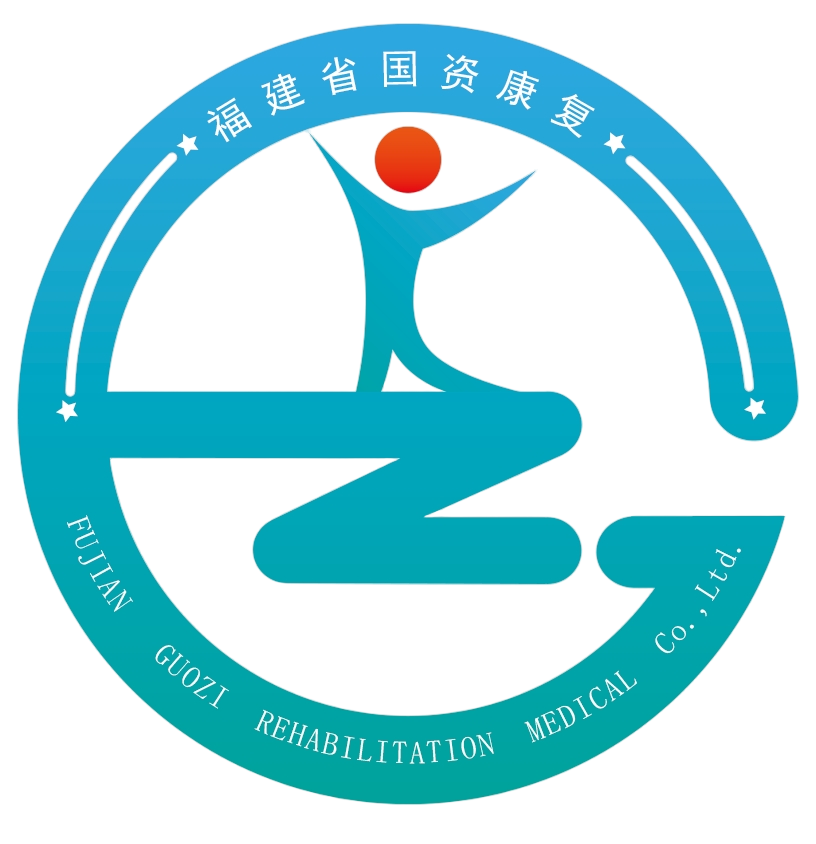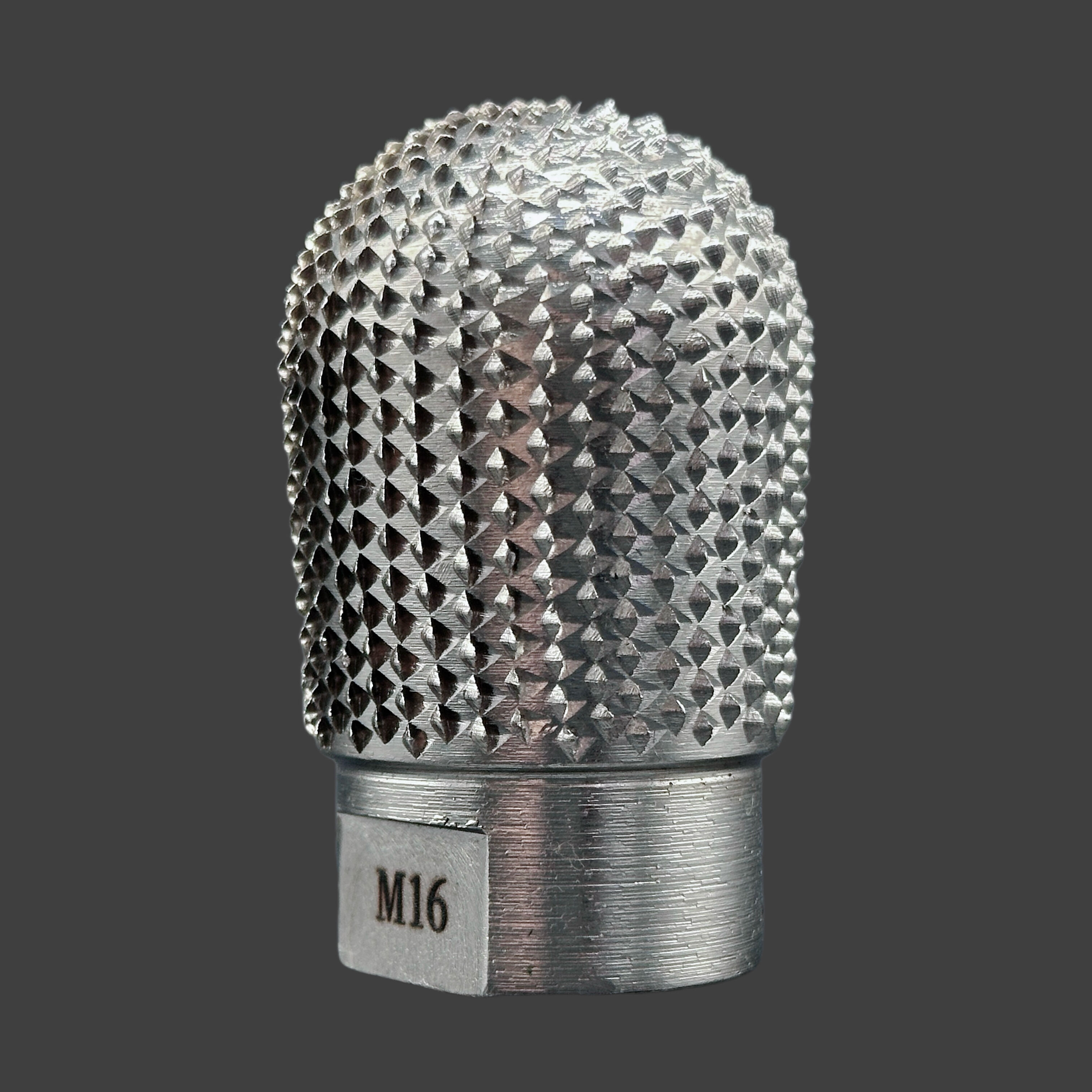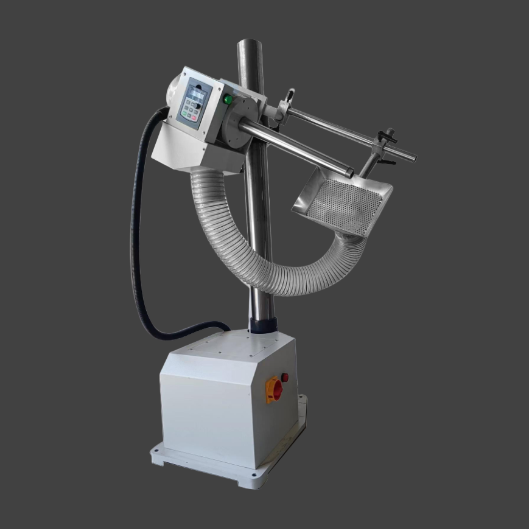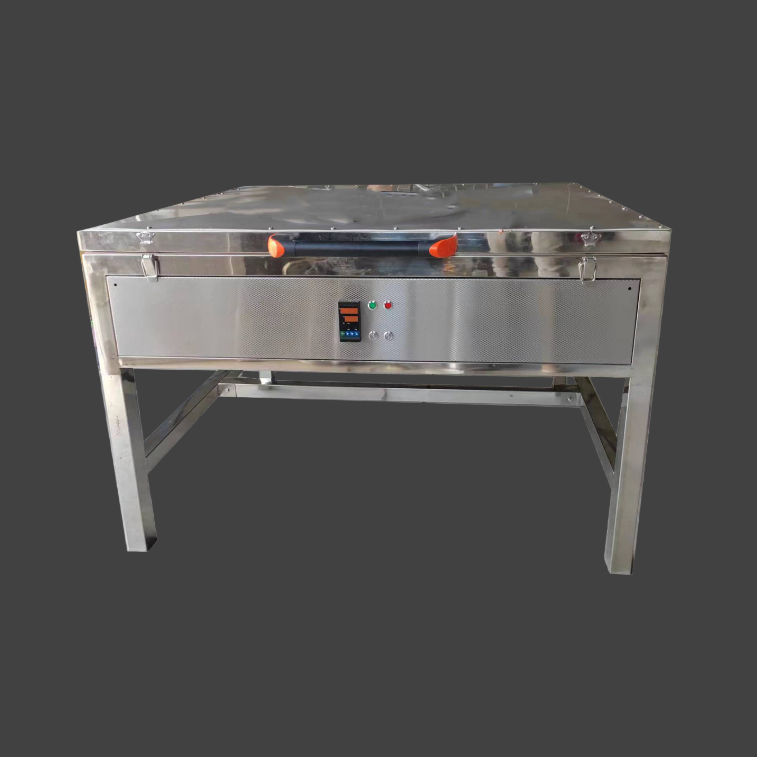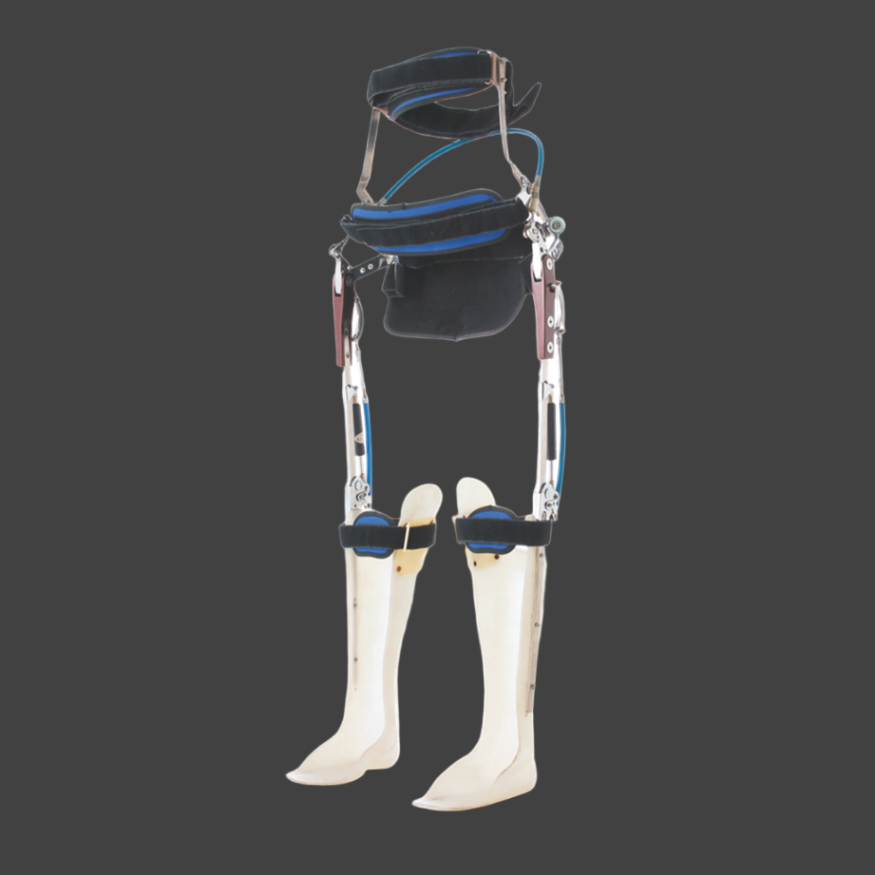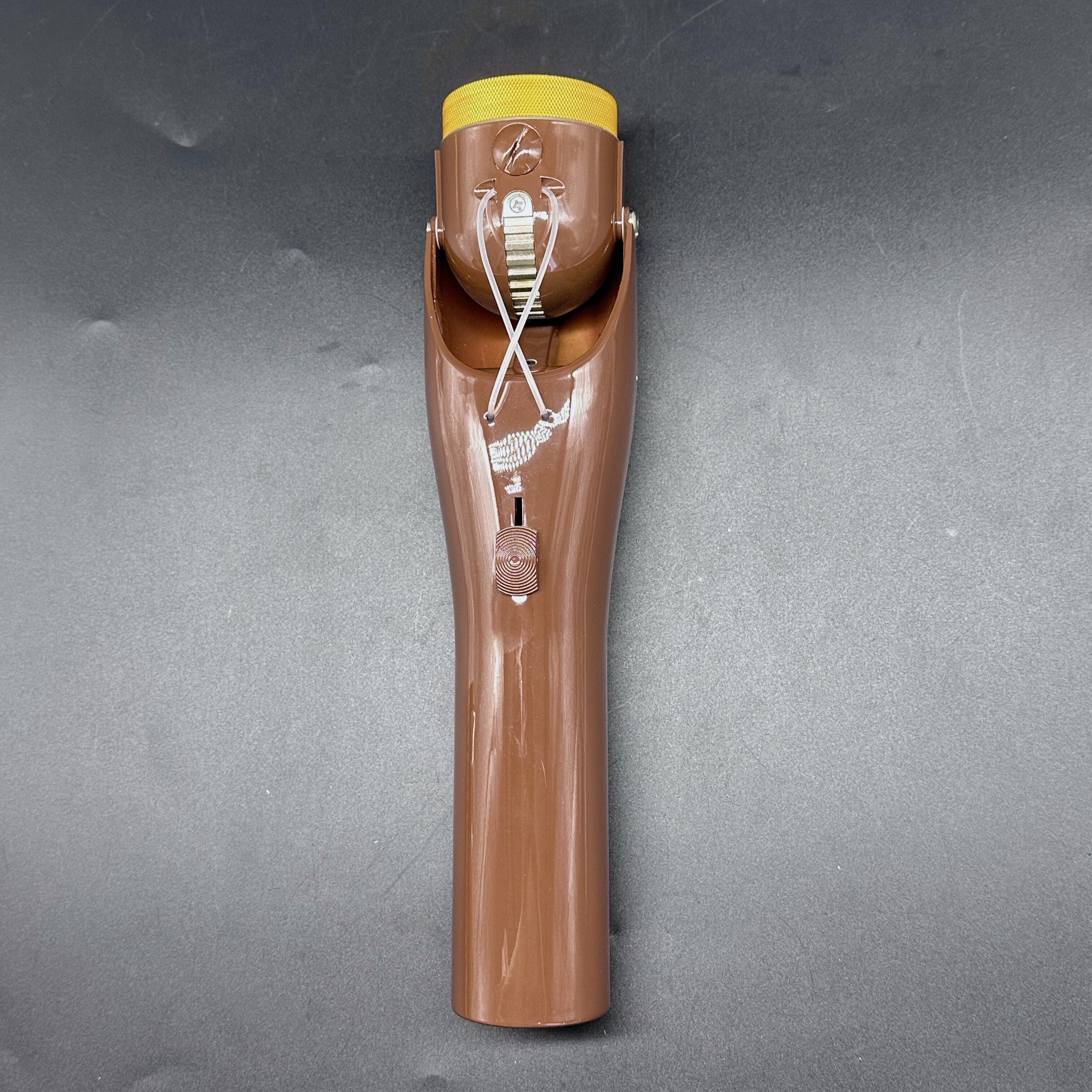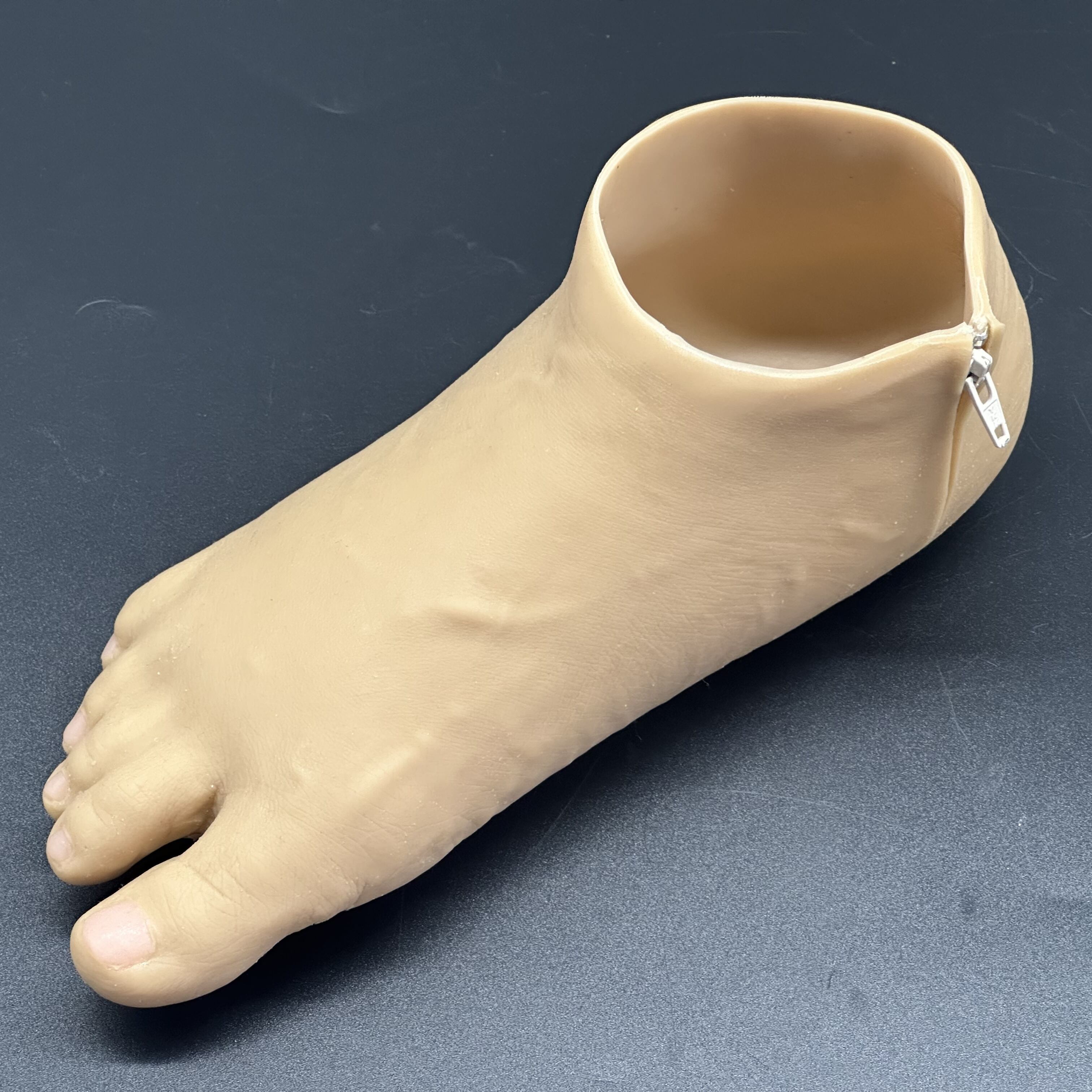Напреднала биомеханична оценка и подготовка
Компонентът за биомеханична оценка в процеса на протетична терапия представлява модерен подход за осигуряване на оптимално прилягане и функционалност на протезата. Този изискан процес на оценка използва технология за 3D заснемане на движенията и компютърна анализа на походката, за да създаде детайлни профили на движението за всеки пациент. Оценката включва изчерпателни тестове за сила, измервания на обхвата на движение и анализ на позата, за да се идентифицират конкретни области, които изискват насочено вмешателство. Този подход, базиран на данни, позволява на терапевтите да разработят високо персонализирани програми за упражнения, които решават индивидуалните биомеханични предизвикателства. Етапът на подготовка включва специализирано оборудване като системи за частично натоварване и платформи за балансиране, които постепенно изграждат сила и координация, докато предпазват оздравителните тъкани. Този систематичен подход осигурява, че пациентите развиват специфични модели на движение и мускулна памет, необходими за успешно използване на протеза.


